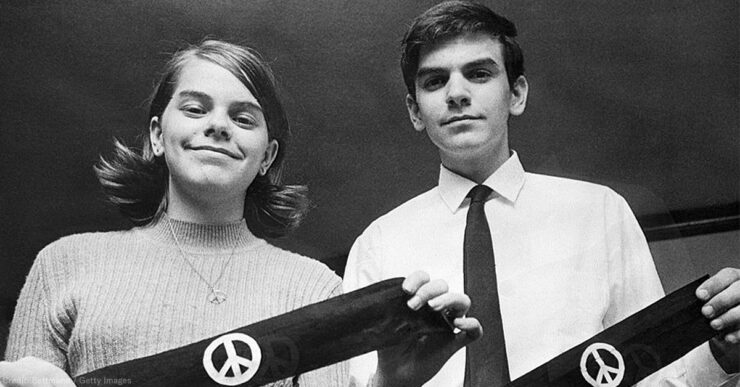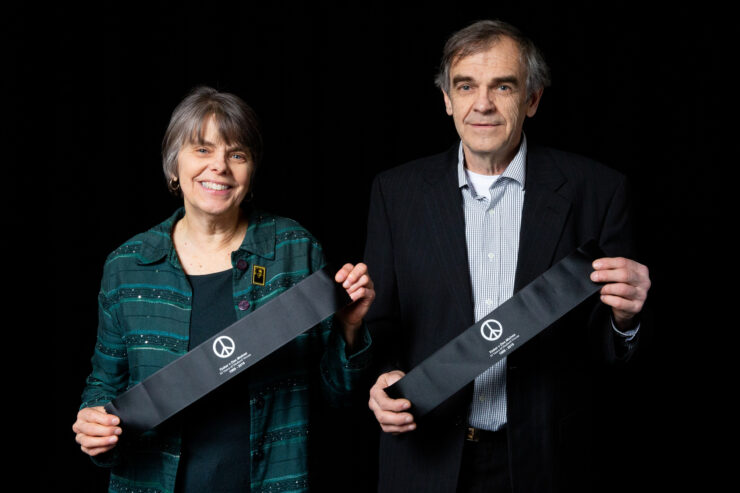
Tinker vs Des Moines
Do you publicly support the Black Lives Matter movement? Are you part of the LGBT community or are you an ally? Do you wear clothing that shows your stance on certain subjects? Do you make your interests and opinions about social issues obvious?
Then you have Tinker vs Des Moines to thank.
Tinker vs Des Moines was a Supreme Court case from 1969 that dealt with the freedom of speech within schools. Mary Beth Tinker and her brother John (pictured above) wore black armbands to school to protest the Vietnam War. Their school heard about it and created a ban. The next time Mary Beth came to school, she had to take the armband off and then got suspended.
After they weren’t allowed to wear the armbands anymore, the Tinkers and their friends opted to wear black clothes in protest, but they also filed a first amendment lawsuit.
The Tinkers were victorious in court, but only after battling for 4 years. The court ruled 7-2 that students should still be allowed to practice their 1st amendment rights within the walls of a school. The court also said that the first amendment should apply to public schools and that teachers are not allowed to ban protests or student speech unless it is disruptive to education.

Since Then
Tinker vs Des Moines is still a commonly known Supreme Court case. This ruling has allowed protection over student rights to wear an anti-abortion armband, a pro-LBGT t-shirt, and shirts critical of political figures. Students are being subjected to many forms of media younger and younger these days, which means many more students are forming opinions on social issues.
Students have and continue to protest a variety of topics. Massive protests often follow school shootings. Black Lives Matter protests were also heavily attended by a young audience.
Mary Beth and her brother went on to advocate for freedom of speech and students’ rights. Mary Beth travels the country and conducts speeches, advocating for children and their rights. She has master’s degrees in public health and nursing.
She also was part of a documentary about Marjory Stoneman Douglas high school. The piece followed some current students who work for the school magazine and how they are honoring the victims. The magazine staff got to meet Mary Beth Tinker and talk with her about protesting and the first amendment. I have watched this documentary and it is incredibly moving and absolutely heartbreaking.
It is interesting to learn about how this Supreme Court case is still relevant 53 years later. This now allows students to be open about their opinions and the issues that they support. This comes with good things, but also flaws. Sometimes these can be controversial, but with this court case, they have the freedom to outwardly support them. Now that I go to college in Des Moines, it is intriguing and impactful that I live in a town that has had such a big impact on schools nationwide.
